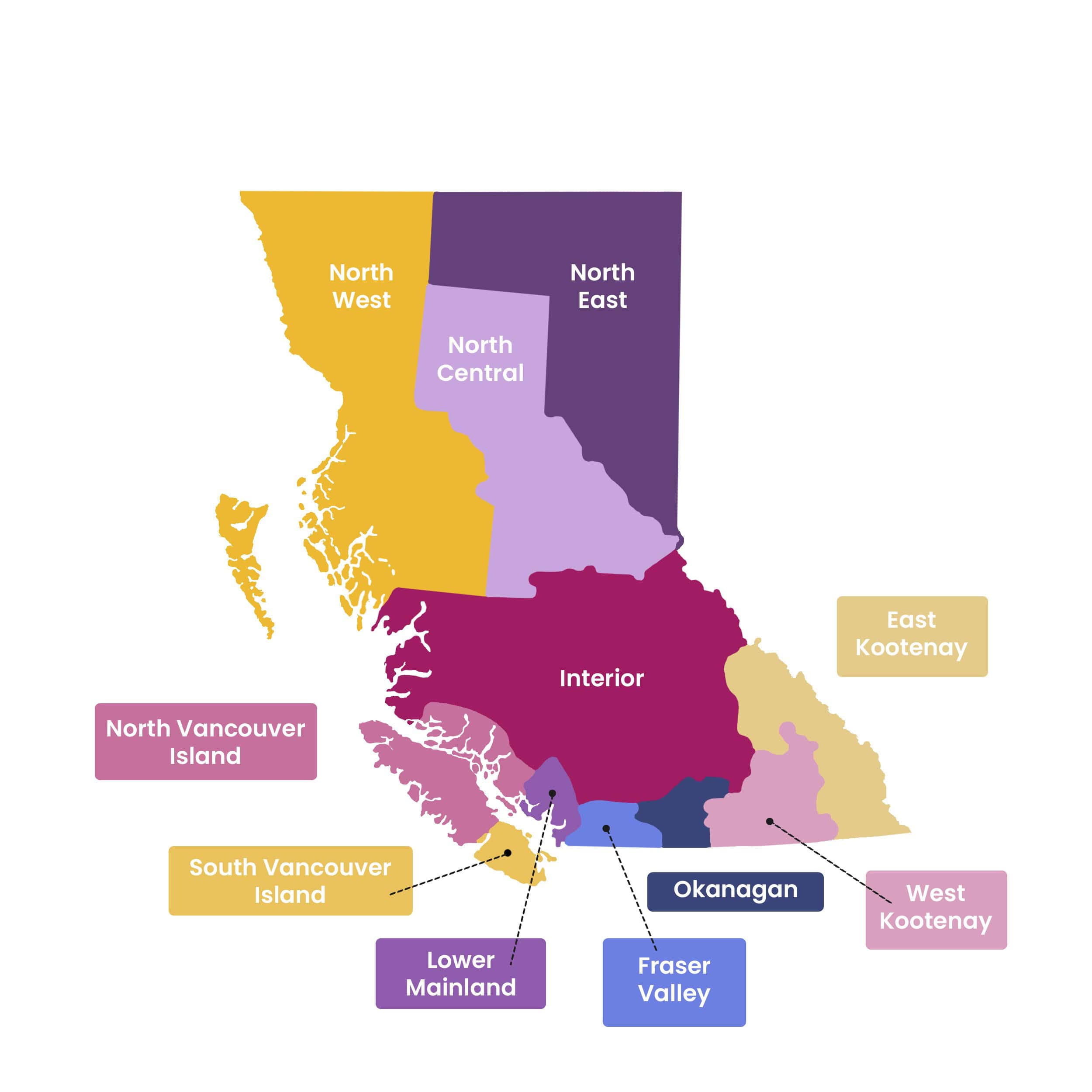Support Survivors in a Safe, Compassionate, and Empowering Way
Survivor perception that healthcare services are unsafe is a significant barrier to seeking care. This perception can be a result of previous negative experiences, systemic discrimination, and victim blaming (BC Women’s Hospital + Health Centre and Ending Violence Association of BC, 2023). Healthcare providers are often the first professional contact for survivors; however, survivors rarely disclose any information about the assault when accessing care (Mason and Du Mont, 2015).
Using a trauma-informed, survivor-centred approach can help healthcare professionals care for survivors in a safe, compassionate and empowering way.
Being trauma-informed is a way of providing services that recognize and understand the impacts of trauma and the root causes of violence. A trauma-informed approach supports the resiliency and recovery of survivors and avoids re-traumatization (Randall and Haskall, 2013).
A survivor-centred approach means prioritizing the rights, needs, and wishes of the person who has experienced harm (UN Women, 2022), recognizing that survivors are the experts in their own experiences (Rentschler et al., 2022), and supporting the survivor’s own solutions.
Access the links below for information on how to help survivors feel safe and supported when making decisions and accessing healthcare.
Access the link below for information on survivor healthcare rights and choices.
Police do not need to be automatically contacted by healthcare professionals when a survivor accesses healthcare after they have been sexually assaulted.
It is the survivor’s choice to decide if, and when, they want to report the sexual assault to the police.
Access the link below for more information on how to support survivors with medical care and the forensic exam, and other resources such as Interpreting Services.

